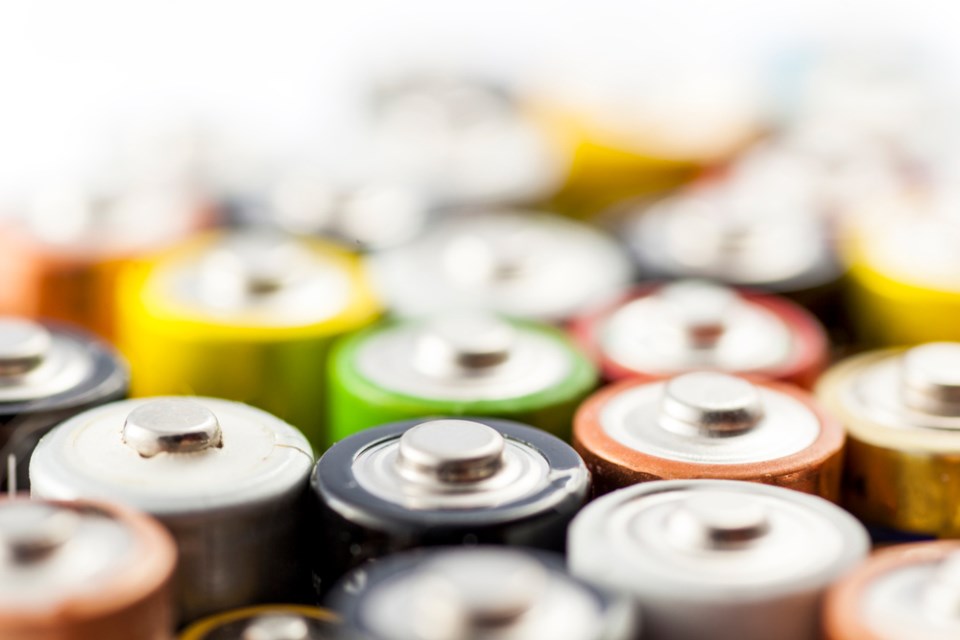Did you know materials reclaimed from recycled batteries can be used to make bicycles, golf clubs, water bottles, pens and even small appliances? As our dependence on battery-powered products continues to grow, recycling batteries is more important and easier than ever.
“We want to encourage everyone to recycle their old household batteries as it reduces the need to mine for virgin materials and it allows reusable metals and chemicals to be reclaimed for the production of new products,” says Joe Zenobio, president, Call2Recycle Canada, Inc., British Columbia’s provincially regulated not-for-profit battery recycling program.
Zenobio says batteries can’t be collected and recycled through municipal curbside recycling programs because residential recycling facilities are not designed to separate batteries from household recyclables. However, he says there are hundreds of convenient Call2Recycle®battery collection locations across British Columbia, so it’s easy to recycle your batteries when you’re out doing errands. To find the battery collection and recycling location nearest you, visit www.call2recycle.ca/locator.
After you drop your batteries at a neighbourhood collection location, they are safely transported to a facility, where they are sorted according to weight and chemistry. The batteries are then sent to a partnering processor, where usable materials are extracted for use as input in the manufacturing of new products. No battery collected through the Call2Recycle program ends up in a landfill.
Rechargeable and single-use household batteries, including Nickel Cadmium, Lithium, Lithium Ion, and alkaline batteries weighing five kilograms or less are accepted in the Call2Recycle program. Depending on the chemistry, various metals can be reclaimed and used as input to manufacture stainless steel pots and pans, silverware, sunscreen, new batteries, concrete aggregate and more.
“In addition to new products, battery recycling is important because it helps protect your community from potentially toxic materials that may harm wildlife and the environment if they end up in landfills. Responsible battery recycling practices also ensure batteries are handled in a way that protects people and property from potential fire hazards,” says Zenobio.
More information on the battery journey can be found at call2recycle.ca.



